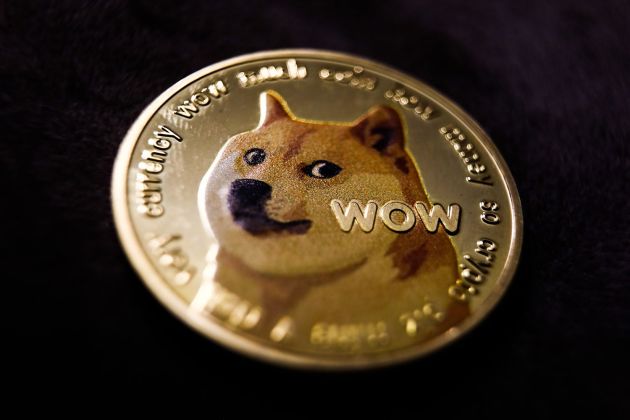Tether, the issuer of the USDT stablecoin, announced its collaboration with Phoenix Group and Green Acorn Investments to develop a new stablecoin pegged to the United Arab Emirates Dirham (AED). The initiative is set to “lead the way” in seeking licensing under the country’s new regulatory framework and facilitate transactions.
Tether Reveals UAE Dirham-Pegged Stablecoin
Tether revealed its plan to develop and launch a “digital representation” of the United Arab Emirates Dirham. Liquid UAE-based reserves will fully back the upcoming stablecoin to ensure that “every Dirham-pegged token is tied to the value of the AED, providing stability and confidence in its value.”
The Dirham-pegged stablecoin will join the company’s slate of products to provide users with “seamless and cost-effective” methods of accessing the AED’s benefits while leveraging blockchain technology’s transparency and efficiency.
Tether will collaborate with UAE’s multi-billion tech conglomerate Phoenix Group and be assisted by Green Acorn investments for the stablecoin’s development. The new digital asset is set to streamline international trade and remittances in the area.
Additionally, it seeks to play a crucial role in the financial ecosystem of the UAE by reducing transaction fees and protecting users against currency fluctuations. In the announcement, Tether’s CEO, Paolo Ardoino, expressed his excitement about the new stablecoin product:
We’re pleased to announce this initiative to develop Tether’s Dirham-pegged stablecoin, adding to our range of stablecoin options. The United Arab Emirates is becoming a significant global economic hub, and we believe our users will find our Dirham-pegged token to be a valuable and versatile addition. Tether’s Dirham-pegged stablecoin is set to become an essential tool for businesses and individuals looking for a secure and efficient means of transacting in the United Arab Emirates Dirham whether for cross-border payments, trading, or simply diversifying one’s digital assets.
UAE’s New Payment Token Services Regulation
Seyed Mohammad Alizadehfard, co-founder and Group CEO of Phoenix Group, emphasized his confidence in the Dirham-pegged stablecoin’s potential to transform the digital economy in the region and beyond.
The CEO underscored Abu Dabhi’s “progressive stance towards blockchain, digital assets, and innovation,” which makes it the “perfect launchpad” for the product. Per the announcement, the companies will “lead the way in seeking licensing” under the new UAE Central Bank (CBUAE) Payment Token Services Regulation (PTRS).
The CBUAE recently unveiled its new regulatory framework for stablecoin-related services in the UAE. Under the new PTRS guidelines, businesses and vendors in the Emirates can’t accept crypto payments for goods and services unless they are a Dirham-backed payment token.
Additionally, Foreign Payment Token Issuers must register with the Central Bank and hold 100% of the reserves of assets in cash in an escrow account. The CBUAE also gave a one-year transitional period, ending in June 2025, in which the PTRS won’t be enacted, allowing businesses to adhere to the new regulations.
It is worth noting that the new regulations won’t apply in financial zones, such as the Dubai International Financial Centre (DIFC) and the Abu Dhabi Global Market (ADGM). However, the PTSR applies to entities already licensed by the Virtual Asset Regulatory Authority (VARA).
Bitcoinist.comRead More



